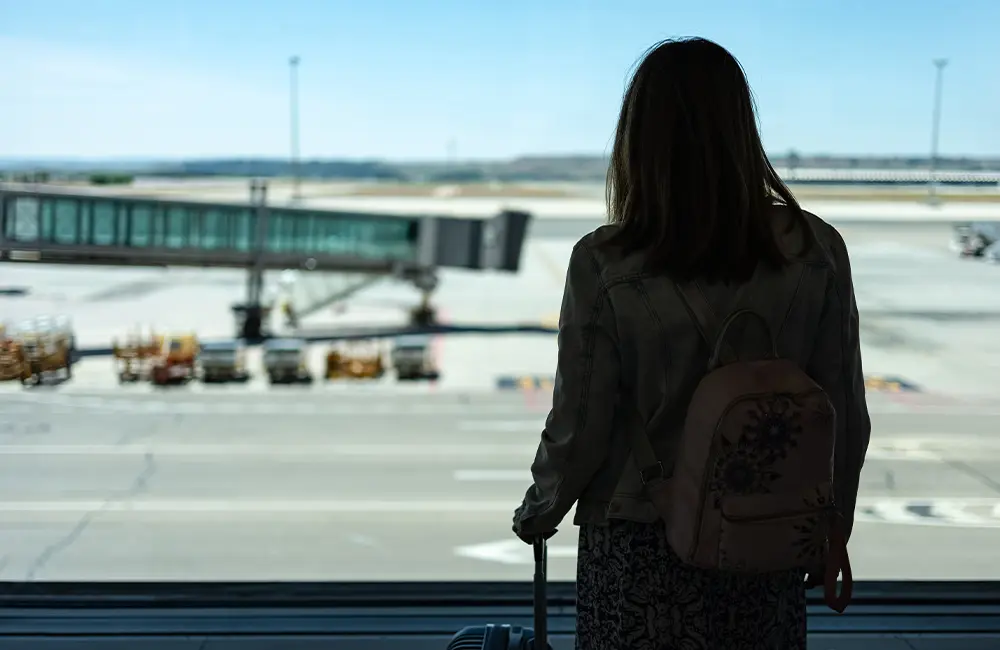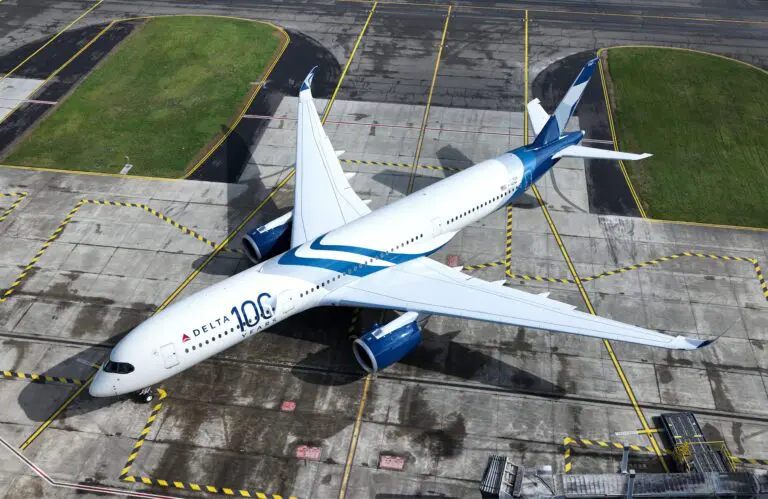The Australian government has introduced a new Charter of Rights for airline customers as part of its ‘Towards 2050’ Aviation White Paper. The Charter will entitle Australian passengers to refunds and compensation for cancelled or unreasonable flight delays and define new aviation-specific disability standards.
In what is a milestone overhaul of the aviation sector, the Labor government is introducing an Aviation Industry Ombuds Scheme and a Charter of Customer Rights to enforce consumer protections in the airline sector.
The new Charter will enable Australian travellers to seek compensation and receive cash refunds for domestic flights that are cancelled or unreasonably delayed, addressing long-standing consumer frustrations in the industry.
The move follows similar compensation schemes across Europe and the UK. Under its legislation, passengers are entitled to between $400 and $1000 for delayed or cancelled flights, depending on the distance of the trip, the length of the delay, and the amount of notice provided by the airline.
Compensation is also required if a delay causes a passenger to miss a connecting flight on the same reservation, and in some cases, passengers are entitled to a full refund of their airfare.
Transport Minister Catherine King emphasised the need for this reform, noting that Australians have not been fairly treated by airlines in recent years. “The bottom line is if people don’t get the service that they are expecting, then customers deserve to get their money back, or they deserve to get an equivalent service,” she stated.
How will the Charter of Rights work in Australia?
The new Charter of Rights will be overseen by a dedicated body responsible for resolving disputes, directing airlines to provide remedies, and reporting on industry conduct.
Airlines will be required to “show cause” when explaining delays or cancellations, and the Aviation Industry Ombuds Scheme will be empowered to investigate and enforce regulations.
Airlines would be required to provide cash refunds instead of vouchers for future bookings, regardless of the fare type. This ensures that even the lowest-priced economy tickets receive the same level of protection as more expensive, fully flexible tickets.
Additionally, airlines would be expected to expedite these refunds, ensuring payment within a set timeframe. Furthermore, in the event of a flight cancellation, airlines would be obligated to rebook affected passengers on alternative flights.

This move follows a series of high-profile incidents involving major Australian airlines such as Qantas, including accusations of anti-competitive behaviour and unethical practices.
The new Charter is also timely given the recent collapse of low-cost carriers Bonza and Rex, which has entered voluntary administration. The introduction of the Charter comes amid ongoing scrutiny of the aviation sector and aims to restore public trust and ensure fair treatment for passengers.
The Australian Travel Industry Association (ATIA) has welcomed the news, with CEO Dean Long saying, “This is a positive outcome for all travellers. The establishment of the Aviation Industry Ombuds Scheme is a crucial step forward in protecting consumer rights, ensuring that airlines and airports meet their obligations.”
“Too many Australians have been left stranded when flights are cancelled or delayed, with little recourse. This new scheme ensures that travellers will no longer face these challenges alone. ATIA is proud to have played a role in advocating for these essential protections for travellers.”

In addition to consumer rights, the Aviation White Paper will introduce new minimum standards for making airline services more accessible to people with disabilities. These standards will cover the entire travel experience, from information provision to terminal exit.
Despite airlines’ concerns that the compensation scheme could lead to higher fares, the government is pushing forward with the reforms.
Long added, “Typically, at least 70% of all international air sales in Australia and over 90% of corporate air sales for medium and large businesses are booked through our members rather than directly through airlines. We have a big stake in making sure the system works properly for the travellers our members support each and every day.”
An interim ombudsperson will be appointed to lead the drafting of the Aviation Customer Rights Charter, with input from consumer advocates, industry stakeholders, and the public.
The formal independent scheme is expected to be established by 2026, and legislation to support the Ombuds scheme will be introduced next year.
To download the ‘Towards 2050’ Aviation White Paper, head here.





